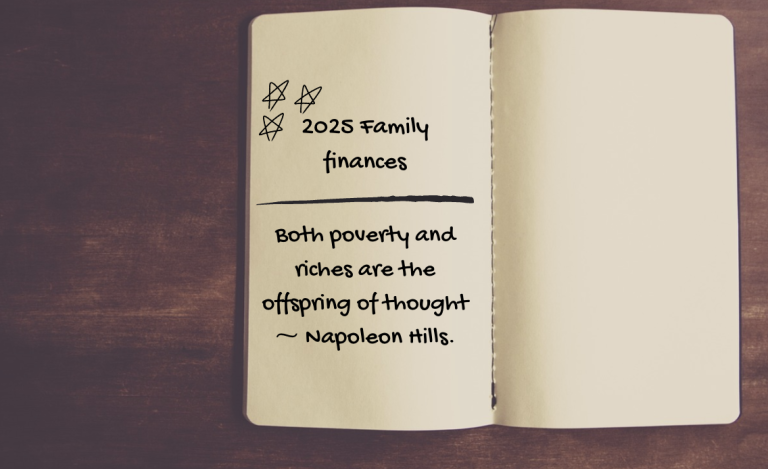Teaching Your Child About Money
What is the right age to start?
As parents:
- we all want to set our children up for financial success, and
- you want to give your child the best possible start in life
But when is the best time to start teaching them about money management? The answer may surprise you – it’s never too early!
While it’s natural to focus on their physical, emotional, and social development, it’s equally important not to overlook their financial education. Money management is a crucial life skill that can benefit them in the long run.
Considering that financial literacy can be nurtured from a young age let’s explore why and how to incorporate money lessons at every stage of your child’s development.
Why Start Early?
The earlier you start teaching your child about money, the better. Financial literacy is a skill that takes time to develop, and it’s essential to lay the foundation early. By starting early, you can help your child:
- Develop good money habits
- Understand the value of money
- Make informed financial decisions
- Avoid debt and financial pitfalls
- Build a strong financial future
Age-Appropriate Milestones
While every child is different, there are certain age-appropriate milestones you can use as a guide to start teaching your child about money:
Laying the Foundation (Ages 3-7)
Even young children can grasp basic money concepts. Start by explaining where money comes from (work) and how it’s used to buy things. Engage them through stories, real-world examples, and play. For instance, when shopping for the house, have them help you compare prices and stay within your budget. Provide a piggy bank and encourage saving spare change. Money Space Kids offers age-appropriate games and activities to make learning fun.
Introduce the concept of money and its value. Use physical coins and notes to help them understand the basics.
Building Understanding (Ages 8-12)
As kids enter elementary school, dive deeper into budgeting, saving, and spending wisely. Give them a small allowance and guide them in creating a spending plan. Discuss the difference between needs and wants, and how to prioritize. Encourage them to save for specific goals, like a new bike or video game. Money Space Kids features interactive lessons on budgeting, investing, and more.
Introduce more complex financial concepts, such as budgeting, spending, and giving. Encourage them to make smart financial decisions. Teach them about earning and saving money. Encourage them to save a portion of their pocket money or earnings from odd jobs.
Gaining Independence (Ages 13-18)
In the teen years, financial education takes on greater urgency. Discuss the cost of college, how to apply for scholarships, and the importance of minimizing student debt. Teach them to read credit card and loan statements, and the impact of interest rates. Encourage them to earn money through part-time jobs or entrepreneurial ventures. Money Space Kids provides resources on financial aid, investing, and building credit.
Teach them about investing, credit, and entrepreneurship. Encourage them to think critically about their financial future.
Setting the Stage for Future Lessons
Teaching your child about money is not a one-time task. It’s an ongoing process that requires patience, consistency, and creativity. Here are some tips to set the stage for future lessons:
- Make it fun: Use games, quizzes, and interactive activities to make learning about money enjoyable.
- Use real-life examples: Use everyday situations to teach your child about money management.
- Encourage questions: Create a safe and open environment where your child feels comfortable asking questions about money.
- Lead by example: Model good money habits yourself, as your child will likely follow your example.
Recommended Learning Space: Moski – Money Personality Test
If you’re looking for a fun and interactive way to teach your child about money, consider starting with an assessment of your child’s money personality

This innovative platform offers engaging quizzes, relatable characters, and real-world scenarios to help children develop essential money skills. With Moski, your child can:
- Discover their financial personality (Saver, Spender, Investor, or Planner)
- Take interactive quizzes and earn rewards
- Get personalized feedback and guidance
- Learn from exciting features and games
Modelling Responsible Behavior
Remember, children learn more from what they see than what they’re told.
- Model responsible money habits in your daily life.
- Explain your spending decisions, share your financial goals, and involve them in family budgeting.
- Celebrate milestones like paying off a loan or reaching a savings target. Your actions will speak louder than words.
- Make money management a continuous conversation.
- By nurturing financial literacy from a young age, you’ll empower your child to navigate adulthood with confidence. Money Space Kids offers a safe, engaging space to learn essential money skills.
Start the conversation today and set your child up for a bright financial future!








